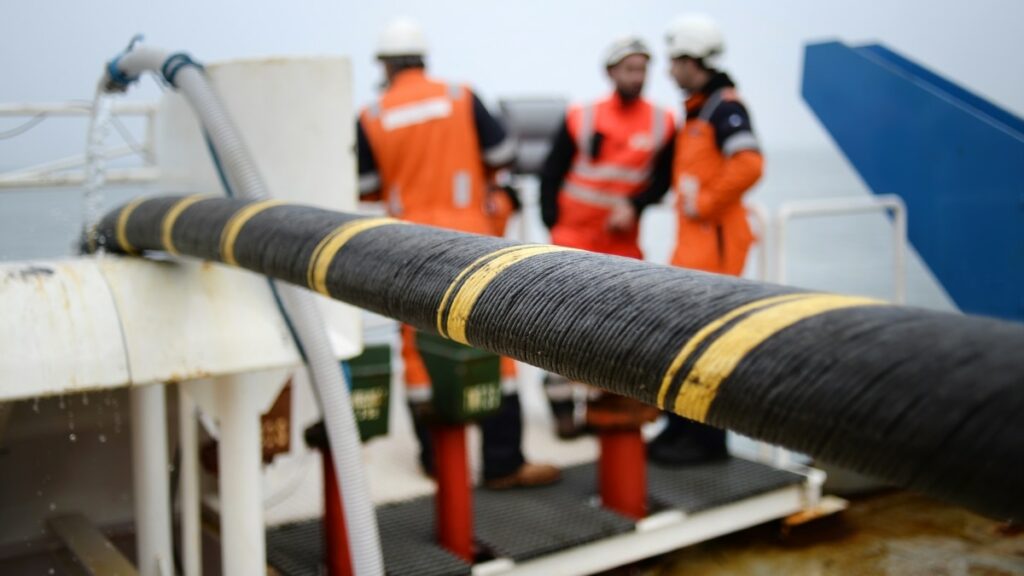Will legal cases and court rooms be at risk because of AI generated fake evidence?

As AI technology advances, the ability to create convincing fake evidence—such as deepfake videos, forged voicemails, or manipulated images and other—poses a serious risk to criminal justice systems. These tools can be used to fabricate confessions, alter witness testimonies, or create false alibis, making it increasingly difficult to distinguish real from fake evidence. As detection methods struggle to keep pace with the technology, the legal system may face significant challenges in maintaining the integrity of trials, leading to wrongful convictions or the escape of guilty individuals. The need for advanced verification tools and updated legal frameworks has never been more urgent.
The most common challenges when introducing AI to CyberSecurity

Introducing AI into cybersecurity holds immense promise, yet it comes with significant challenges that often mirror the complexity of the field itself. These challenges aren’t just technical hurdles; they extend into organizational, operational, and strategic realms, making the implementation of AI a nuanced endeavor.
Artefaktum CEO writes in Special Edition of German “Förderkreis Deutsches Heer”

The InfoBrief Heer is the publication organ of the Förderkreis Deutsches Heer e.V. (FKH). FKH aims to bring together relevant forces from politics, society, business and the Bundeswehr who see themselves as having a special responsibility for the land forces involved in joint and multinational operations.
Underestimated risks of CyberSecurity

In the ever-evolving landscape of cybersecurity, several threats remain underestimated and less known despite their potential to inflict significant damage. Among these, deepfake technology stands out due to its capacity to create highly realistic fake videos or audio recordings using artificial intelligence. These sophisticated forgeries can be weaponized for disinformation campaigns, fraud, blackmail, and impersonation […]
Vulnerabilities of Global Undersea Cables: An Analysis

Just a few days ago, U.S. officials privately delivered an unusual warning to telecommunications companies: Undersea cables that ferry internet traffic across the Pacific Ocean could be vulnerable to tampering by Chinese repair ships, adding that state-controlled Chinese company that helps repair international cables, S.B. Submarine Systems, appeared to be hiding its vessels’ locations from […]
7 tips for cybersecurity at home or home office work

7 tips for proactively limiting or even blocking cyber threats at home to protect your home office work, your private internet activities and your children
How to compile a Suspicious Activity Report (SAR)

The way SARs are handled are often riddled with basic errors. Elements such as narrative, keywords, objective, and timing of submission can make a real difference in the quality of the reports. So how to compile an effective and correct SAR?
Germany about to establish a new financial crime agency

Germany is to establish a new beefed-up anti-money laundering authority, the Federal Authority for Fighting Financial Crime, or BBF in German
A gigantic network of more than 11,000 domains uncovered used to promote numerous fake investment schemes to users in Europe

The goal of the scam operation is to trick users into an opportunity for high-return investments and convince them to deposit a minimum amount of 250 EUR ($255) to sign up for the fake services.
Germany’s Federal Criminal Police Office Takes Down Hydra Darknet Marketplace

On April 5th Germany’s Federal Criminal Police Office, the Bundeskriminalamt (BKA), announced the official takedown of Hydra, the world’s largest illegal darknet marketplace.


